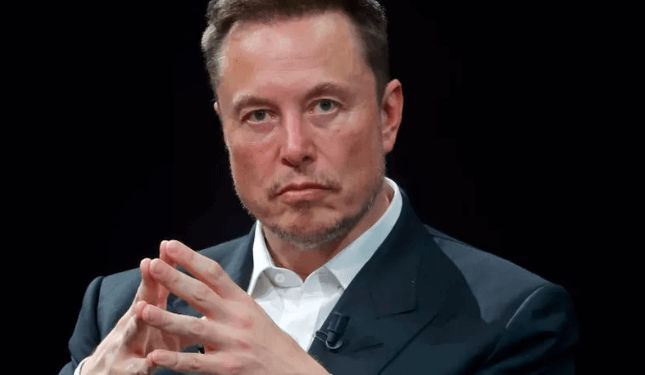In a privacy policy update, X, formerly known as Twitter, will start collecting biometric information from its users, such as a picture of their face.
For verification purposes, subscribers to its subscription service, X Premium, can elect to submit a selfie and a photo ID.
Furthermore, the policy stipulates that X may compile information about prior employment and education.
To “recommend potential jobs for you, to share with potential employers when you apply for a job” would be to do this.
It’s been suggested that X might want to provide recruitment services.
According to rumors, X Corp purchased Laskie, a tech staffing firm, in May. Since Elon Musk acquired Twitter, as it was then known, last year for $44 billion (£34.7 billion), this was the first corporate takeover.
On September 29, the new privacy policy will go into effect.
According to the policy, “We may collect and use your personal information (such as your employment history, educational history, employment preferences, skills and abilities, job search activity and engagement, and so on) to recommend potential jobs for you, to share with potential employers when you apply for a job, to help employers find suitable candidates, and to show you more relevant advertising.”
The move, according to Washington University in St. Louis’ Liberty Vittert, professor of the practice of data analytics, is consistent with X’s efforts to provide “more targeted and individual experiences for users” and with those of competing platforms like LinkedIn.
However, she cautioned users to “absolutely be wary of” the transition because it may be abused by companies to use followers’ accounts, tweets, or retweets to decide who to hire.
Dr. Stephanie Hare, a tech ethics expert, calls the data collection “a massive data grab, though with your consent,” and because users are not required to participate, she doesn’t think the action violates their civil liberties.
According to X, only X Premium users are permitted to acquire biometric data, which includes information about a person’s physical characteristics like a fingerprint or facial scan.
“X will give users the option to provide their government ID, combined with a selfie, to add a verification layer,” the business said in a statement to the BBC.
“Both the government ID and the selfie image can be used to extract biometric data for matching purposes. By processing their government-issued ID, this will also enable us to link an account to a real person, for those who desire to do so. Additionally, this will strengthen the platform’s security and aid X in thwarting impersonation efforts.
Additionally, Mr. Musk reaffirmed X’s intentions to enable users to make both voice and video calls. No phone number would be required, according to him, and the feature “works on iOS, Android, Mac & PC.”
He asserted, “X is the practical global address book.”
There was no mention of a release date for the new calling feature, though.
In the US, TikTok already gathers biometric information.
According to the company’s privacy policy, “We may collect biometric identifiers and biometric information as defined by U.S. laws, such as faceprints and voiceprints.”
Vanessa Pappas, who was TikTok’s chief operations officer at the time, claimed in a Senate hearing last year that the firm didn’t utilize “any sort of facial, voice, or audio, or body recognition that would identify an individual.”
As part of Mr. Musk’s goal to make X a “everything app,” a one-stop shop for a variety of services, additional capabilities may continue to be added as well as additional revisions to the privacy policy to enable them.














































